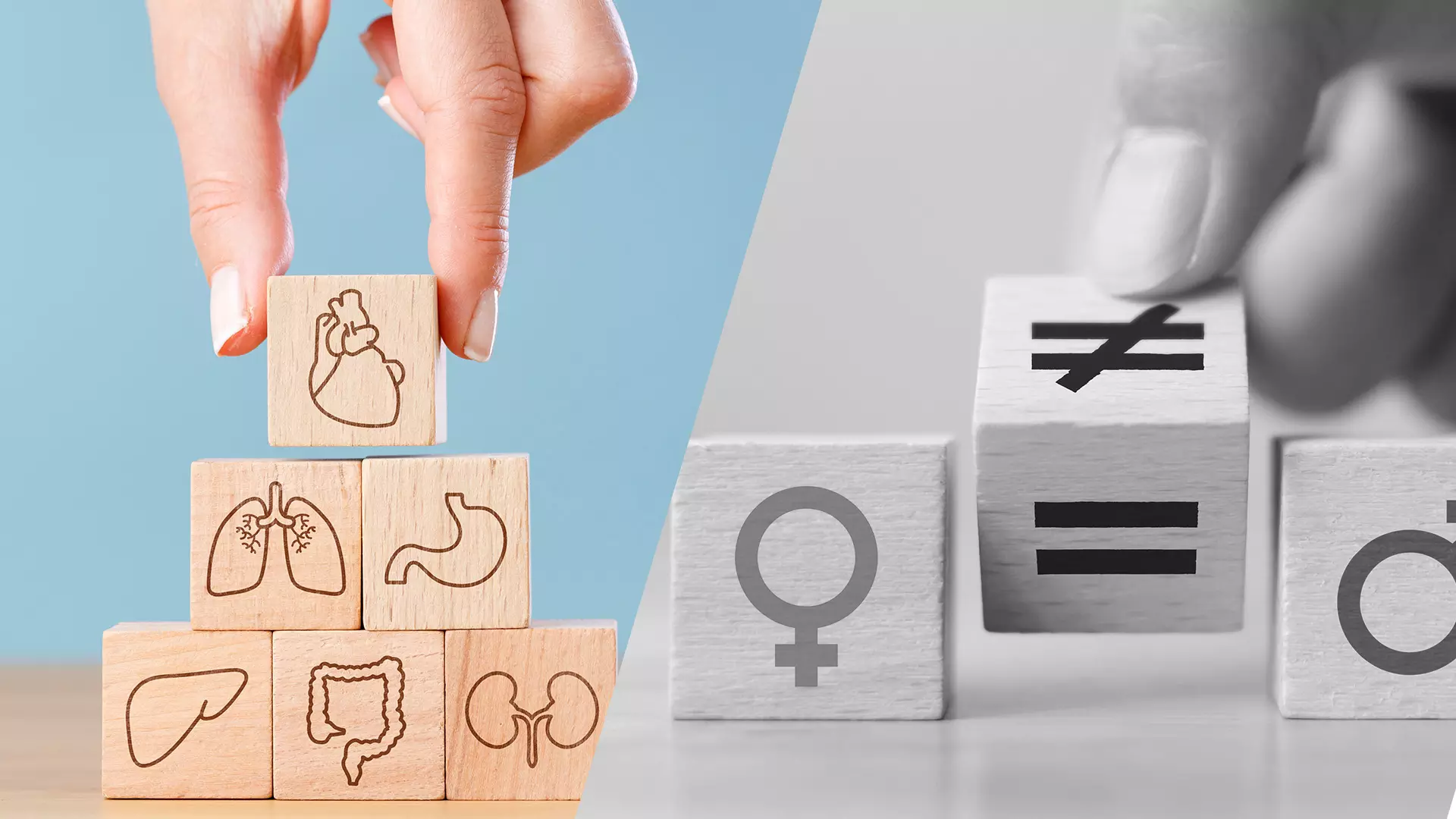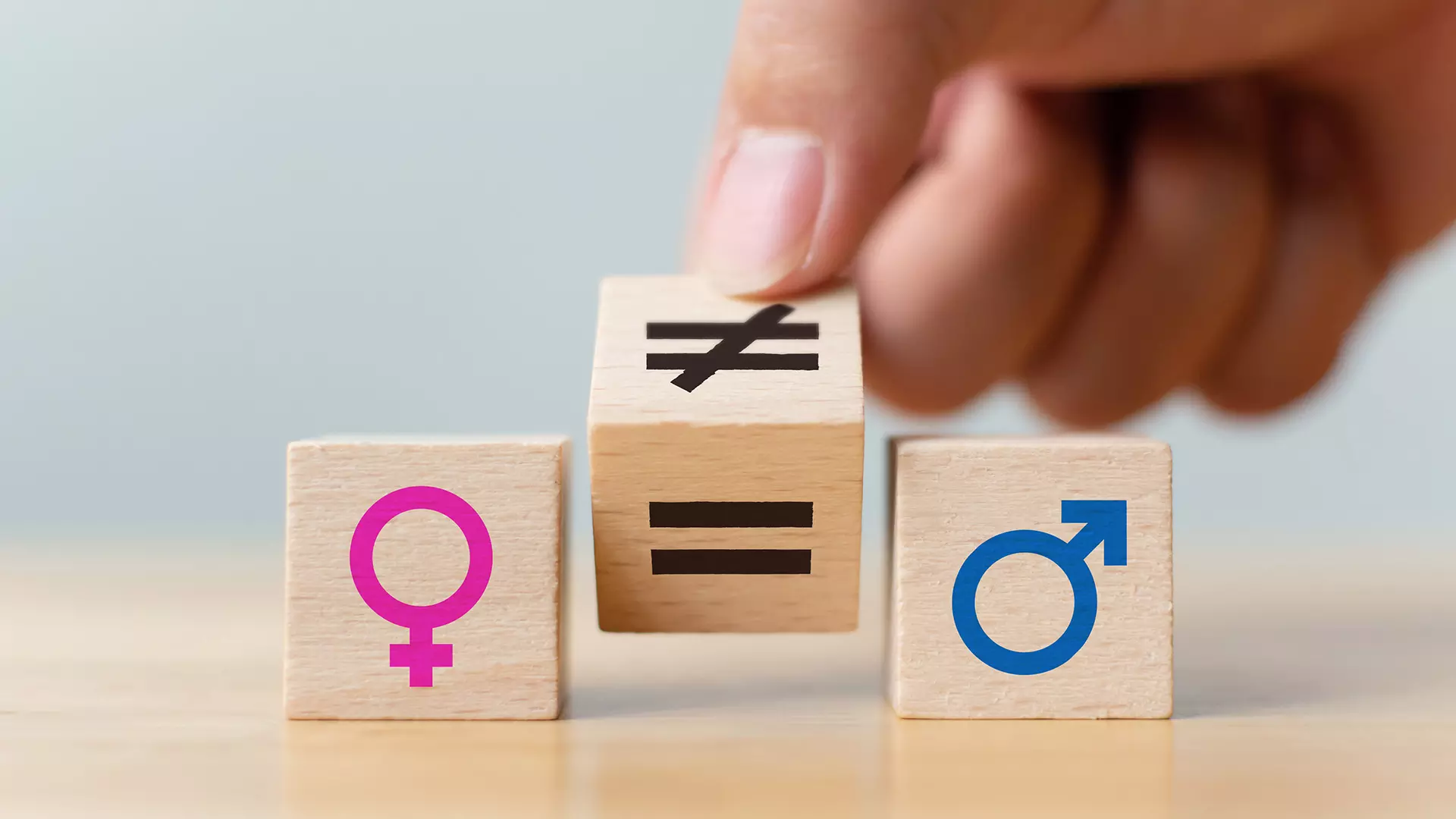
- Home
- India
- World
- Premium
- THE FEDERAL SPECIAL
- Analysis
- States
- Perspective
- Videos
- Sports
- Education
- Entertainment
- Elections
- Features
- Health
- Business
- Series
- In memoriam: Sheikh Mujibur Rahman
- Bishnoi's Men
- NEET TANGLE
- Economy Series
- Earth Day
- Kashmir’s Frozen Turbulence
- India@75
- The legend of Ramjanmabhoomi
- Liberalisation@30
- How to tame a dragon
- Celebrating biodiversity
- Farm Matters
- 50 days of solitude
- Bringing Migrants Home
- Budget 2020
- Jharkhand Votes
- The Federal Investigates
- The Federal Impact
- Vanishing Sand
- Gandhi @ 150
- Andhra Today
- Field report
- Operation Gulmarg
- Pandemic @1 Mn in India
- The Federal Year-End
- The Zero Year
- Science
- Brand studio
- Newsletter
- Elections 2024
- Events
- Home
- IndiaIndia
- World
- Analysis
- StatesStates
- PerspectivePerspective
- VideosVideos
- Sports
- Education
- Entertainment
- ElectionsElections
- Features
- Health
- BusinessBusiness
- Premium
- Loading...
Premium - Events

Sajini, a 35-year-old single mother living in Palakkad district of Kerala, is on her way to the nearby health centre. The saleswoman who works at a shop has had swelling in her legs for a few months now, but her worry grew after her recent blood tests revealed alarmingly elevated creatinine levels.Sajini had been taking medication for the past four years, a period marked by personal tragedy...
Sajini, a 35-year-old single mother living in Palakkad district of Kerala, is on her way to the nearby health centre. The saleswoman who works at a shop has had swelling in her legs for a few months now, but her worry grew after her recent blood tests revealed alarmingly elevated creatinine levels.
Sajini had been taking medication for the past four years, a period marked by personal tragedy when she selflessly donated a kidney to her husband, who unfortunately did not survive. Living a relatively isolated life with her 12-year-old daughter, Sajini has few close relatives for support.
“Our life was going great until my husband was detected with a serious kidney issue. The only solution was a transplant, but getting it done was a struggle. Even though he had three brothers, none of them could or would donate a kidney, so I stepped up despite having a young kid. The extended family wasn’t very helpful or willing to donate organs. After the surgery, I too had to stay in the hospital for a few weeks. Sadly, my husband only lived for another year- and-a-half after the surgery. I work in fertilizer sales, but now I’m dealing with my own health complications,” Sajini told The Federal.
Sheeja, 42, of Areekode panchayat area in Malappuram had a different story to tell. She battled kidney issues and the accompanying pain for a staggering 12 years before arriving at the inevitable need for a transplant. Fortunately, her brother stepped forward as the donor. Now, five years post surgery, Sheeja enjoys a comfortable life as an assistant at a veterinary hospital.
“I see myself as a really fortunate woman because my brother was able to donate his kidney to me—it was a perfect match. But during my time at the Medical College Hospital, where I spent about eight months for dialysis and the surgery, I saw so many patients going through immense mental distress. There were numerous families dealing with the need for transplants. From what I observed, in most cases, it was the women—either the mother or the wife—who stepped up to be the donors,” Sheeja said.
“I know a girl who ended up in a psychiatric asylum after the transplant and died eventually,” she recounted. “There are several women who get organs for transplantation facing severe mistreatment from their relatives. I know many such women through the healthcare facility where I receive my follow-up treatments,” Sheeja added.
According to a senior nurse from a government hospital, families even fall apart at the point when a woman is advised to undergo a transplant.
“Around five or six years back, there was a family I had to tend to. The wife was battling a severe chronic kidney disease, and her only hope was a transplant, which required a substantial amount of money. After the doctor explained the situation to them, the husband left the hospital with their children and never returned. The wife ended up receiving a kidney from her mother, but for the remainder of their hospital stay, they relied on the kindness of the people in their community,” stated the caregiver.
AP Bhavitha, a journalist with over a decade-long experience covering this subject and conducting extensive fieldwork, believes that the level of discrimination in this domain is beyond our comprehension.
“Around 2011 or 2012, I encountered an older woman at the nephrology department of the Medical College Hospital in Kozhikode. She was a frequent patient in need of an urgent transplant. She shared with me that she had desperately sought a donor, even resorting to begging, but sadly, she couldn’t find one in time, and the illness eventually overtook her,” Bhavitha said.
The data analysed from organ transplants in Kerala over the past decade exposes a marked disparity based on sex and gender at various stages of the transplantation process. The findings indicate that women face a significant disadvantage in terms of referral for organ transplants, completion of pre-transplant assessments, placement on the transplant waiting list, and ultimately, in receiving a kidney transplant, when compared to their male counterparts.
Furthermore, when examining the donor pool, a significant majority were women, while recipients were predominantly male.
Among the 7,915 kidney transplant procedures involving live donors, a substantial 5,089 donors were female. Interestingly, a noteworthy portion of male donors contributed their kidneys to non-relatives. Shifting focus to recipients, 6,161 were males, while females accounted for only 1,754. This gender imbalance in both the donor and recipient pools emphasizes the need for a comprehensive examination of the factors contributing to such disparities and a concerted effort to address them.

Families reportedly even fall apart at the point when a woman is advised to undergo a transplant. Photos: iStock
As reported by the Kerala Network for Organ Sharing, the waitlist for deceased organ transplants for kidneys, as of October 3, 2023, comprises 2,397 individuals awaiting transplants. Among these, 1,830 are male, significantly outnumbering the 567 females on the list.
When it comes to liver transplants during this specified period, there were 1,430 male recipients who received new livers, in stark contrast to the 295 female recipients. Conversely, in terms of donors, 1,098 were women who donated their livers, while 627 were men. Additionally, among the liver donors, the number of men who donated to unrelated individuals exceeded that of women—specifically, 205 men and 169 women.
A 2014 study conducted by Radha Malattiri and Nandini K Kumar had found that the majority of living-related donors are family members (first-degree relatives) of the patients, with a definite female gender disparity among donors and recipients, more pronounced than reported in other studies. According to their report, the disparity was absent in the case of living-unrelated donors. The duo recommended that the existing practices in the organ transplantation process should be reviewed in order to eliminate the donor gender disparity in India.
“Even though most of them may not acknowledge it, women often experience pressure to act as donors when a close relative needs a transplant. Our societal circumstances are the primary cause of this phenomenon,” Radha Malattiri, who has completed a mutli-disciplinary doctoral research on the subject, told The Federal. “My studies further reaffirm this but the results cannot be disclosed as they have not yet been published,” mentioned Malattiri.
The issue is not Kerala, or even India, specific. A simple Google search will provide insights into the worldwide issue of gender inequality in organ donation. A 2021 research published in the Journal of the American Heart Association highlights that gender disparities in organ donation have been a persistent issue in the United States for more than 25 years. According to this research, women demonstrate a greater willingness to donate their organs to both family members and strangers compared to men.
Numerous theories and conjectures could shed light on this matter. A recent 2022 piece in The National Medical Journal of India acknowledges that economic factors, a heightened inclination toward selflessness among women, and biases in institutional or specialist communication based on gender might account for the higher prevalence of women serving as living donors—whether as mothers, spouses, daughters, or sisters.
Dr M Sreelatha, the head of the Nephrology department at the Medical College Hospital, Kozhikode, states that in family cases, women constitute the majority of donors. “Approximately 90 per cent cases involve wives donating kidneys to their husbands, rather than the other way around. In cases where the patient has brothers and sisters, it is highly likely that the sister will be the donor in almost all instances. An investigation should be conducted to ascertain whether they face pressure to donate their organ,” says Dr Sreelatha.
According to health experts, medical suitability for organ donation is not influenced by gender. Organs are evaluated based on compatibility, health condition, and other medical criteria, which are unrelated to gender. Both men and women can be potential organ donors or recipients based on their overall health and compatibility with the organ.
From a biological standpoint, male and female organs are equally viable for transplants if they meet the necessary health criteria. There is no inherent medical advantage of one gender over another in terms of organ donation.
“Cultural and societal expectations frequently portray women as caregivers and nurturers, leading them to exhibit a propensity for compassionate actions,” observes Dr Noble Gracious, nodal officer for Kerala Network of Organ Sharing, Mrithasanjivani. “Women, due to their heavy domestic responsibilities, often fail to recognise the symptoms of certain diseases. Additionally, their access to essential medical care is limited,” Dr Noble adds.
Several factors have been suggested to account for the observed gender imbalances in donors within the Indian context. Societal and cultural elements such as patriarchal norms and poverty, coupled with the prevalent economic and social reliance of women on men within the family, significantly contribute to the noticeable surplus of female living donors. Given that men are often the primary earners in the household, the potential loss of income during assessment, surgery, and recovery stages acts as a deterrent, especially for lower-income families, preventing men from being donors. Consequently, this situation tends to compel the wife to step forward as a donor. In reality, there is an escalation of familial pressure on women, making it fairly common to witness undue coercion on them to donate organs.
“When my daughter needed a liver transplant, both her husband and daughter were compatible donors. However, they chose to go with my granddaughter as her father was the primary earner in the family. I think it was a wise decision for the family’s well-being,” says 73-year-old Janaki an MGNREGA worker from Thrissur district.
In 2018, Janaki’s daughter, Ramani, who is 53 years old, had a liver transplant surgery. The donor was her 29-year-old daughter, Sneha. Currently, they are all living together as a joint family, along with Sneha’s husband and their 3-year-old child.
Many specialists argue that if India embraces deceased organ donation, the reliance on living donors would diminish significantly. The deficiency lies in the inadequate understanding and awareness surrounding brain stem death and deceased donation. It’s crucial for the society to enhance awareness regarding deceased organ donation through educational initiatives, policy shifts, and active community involvement.

Many specialists argue that if India embraces deceased organ donation, the reliance on living donors would diminish significantly.
In India, a strong tradition of living organ donation is prevalent, largely motivated by familial bonds and empathy. Nevertheless, the rate of deceased organ donation remains significantly low due to cultural, legal, and logistical obstacles. India lags considerably in terms of deceased organ donation, registering rates as minimal as 0.5 per million population, according to existing data.
There’s a pressing need to enhance awareness and understanding regarding brain stem death and deceased donation, necessitating proactive measures to sensitise and educate our society on this crucial matter.
[Some names have been changed in this story to protect the identity of the patients/respondents.]

